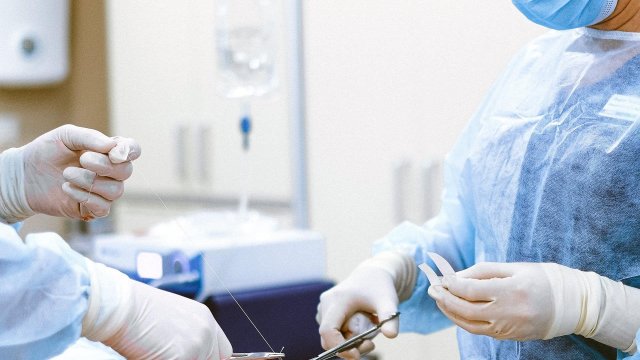When we go to receive medical treatment, we have to place our trust in the competence and compassion of the professionals who administer that treatment. In the vast majority of cases, this trust is justified. However, medical professionals are only human, and the institutions that they work for are not infallible. From time to time, a patient will suffer avoidable harm – and in some cases, they’ll have grounds for a claim of medical professional negligence.
Certain kinds of error are disproportionately found in the medical negligence statistics. According to https://bronx-injury-lawyers.com, these are the most common medical negligence cases:
1. Misdiagnosis
If a doctor tells a patient that they’ve got something that they haven’t, then this can cause harm in a whole range of ways. They might receive treatment with adverse side effects, to treat a condition that they don’t have. Moreover, the real cause of the problem will go unaddressed for longer. Given that many serious conditions are time-sensitive when it comes to treatment, this is something which can have serious knock-on effects.
A misdiagnosis will need to satisfy the criteria for medical negligence. The person making the diagnosis will need to fall below the standard set by a competent peer. This is where specialist legal representation can be invaluable, as they’ll have the contacts necessary to get the appropriate expertise in.
2. Medication Error
If you’ve given the wrong medication, then the consequences might be equally severe. In some cases, they can be very debilitating; you’ll get the side-effects of the medication without any of the benefits. The dose you’re prescribed also matters.
3. Surgical Negligence
Surgery is an extremely skill-based practice. But it’s also one that confers a lot of risk. A patient might become infected, or they might suffer damage to tissue, or they might suffer side effects from the wrong dosage of anaesthetic. They might be uninformed of the risks. The surgeon, too, might be misinformed – which can lead to the wrong operation being performed. In this latter case, the blame might be distributed across an entire organisation, rather than being focussed on a single individual.
The wrong dosage of anaesthetic can be particularly consequential. On one hand, too little anaesthetic might cause the patient to be left conscious throughout the procedure; on the other, too much might lead to permanent damage to the brain and nervous system.
4. Prenatal Care
The most tragic cases of medical negligence involve prenatal care, as they are result in problems with the birth, and with the child’s development. Errors of this kind might mean a misdiagnosis of conditions which later result in problems developing, or a failure to notice birth defects and complications immediately preceding birth – the solution to which is often a caesarean section.
In such complex cases, seeking legal counsel from an experienced attorney for birth injury can offer families the guidance and support needed to navigate the complexities of medical malpractice situations. Their expertise can help families seek rightful compensation and ensure accountability for the negligent actions that led to birth-related complications.



